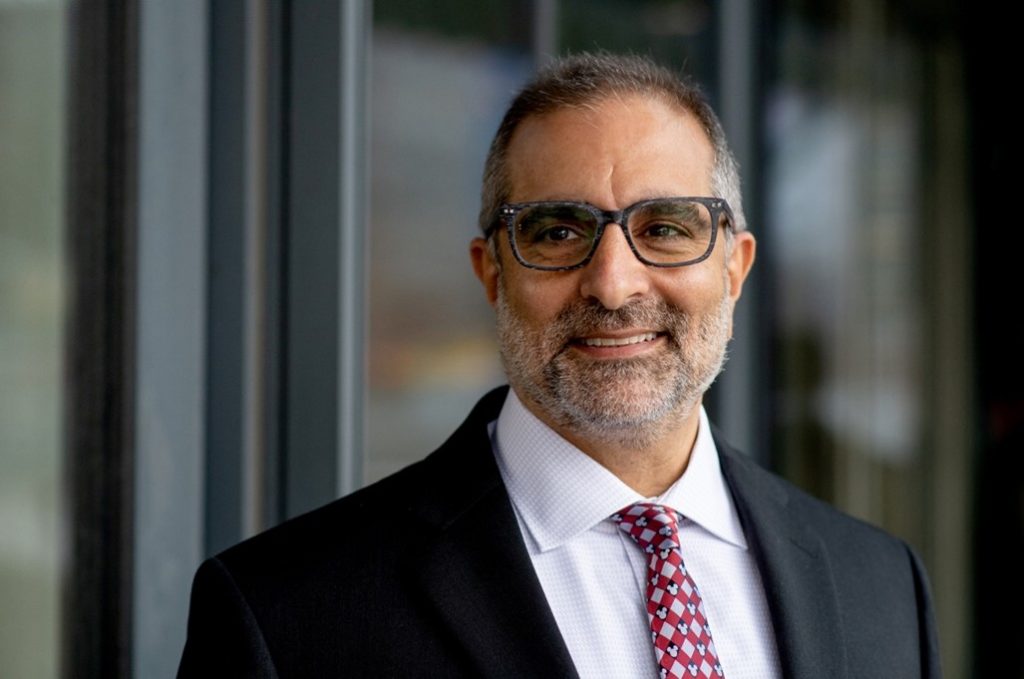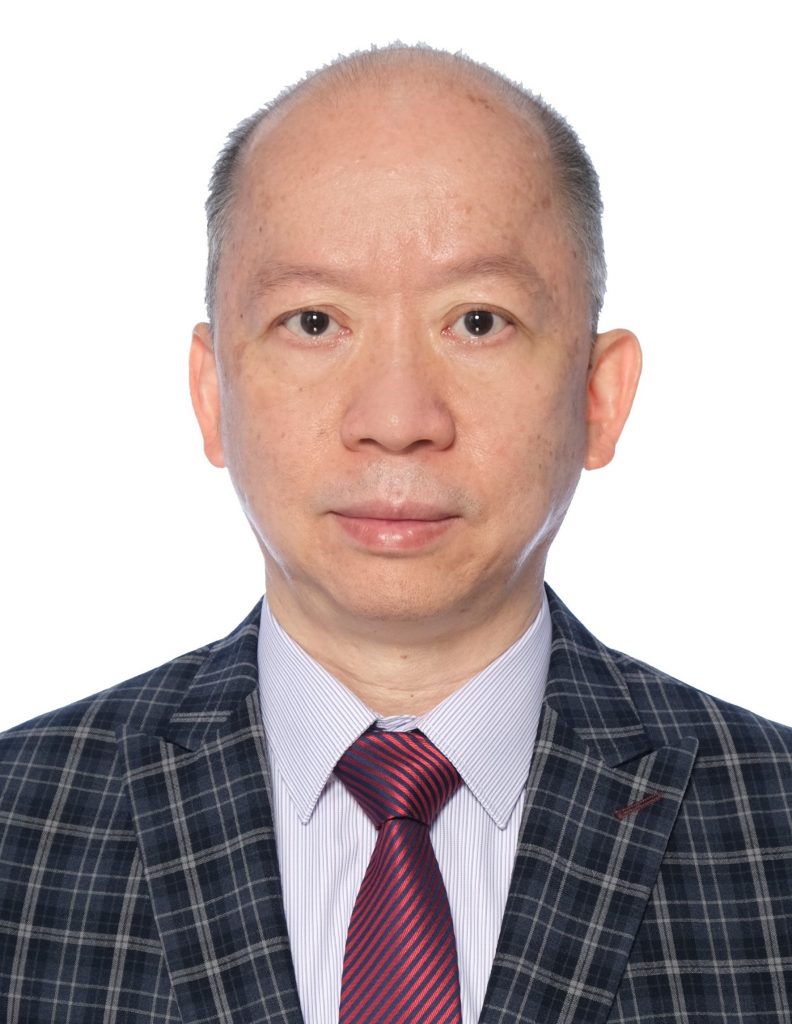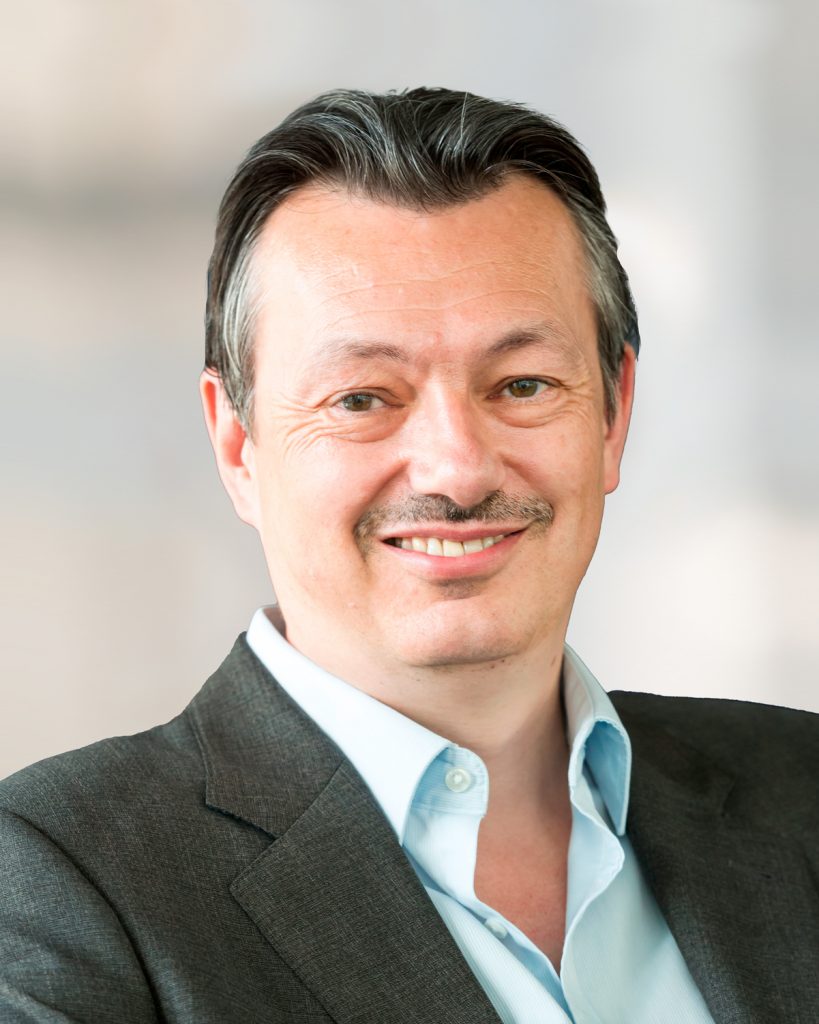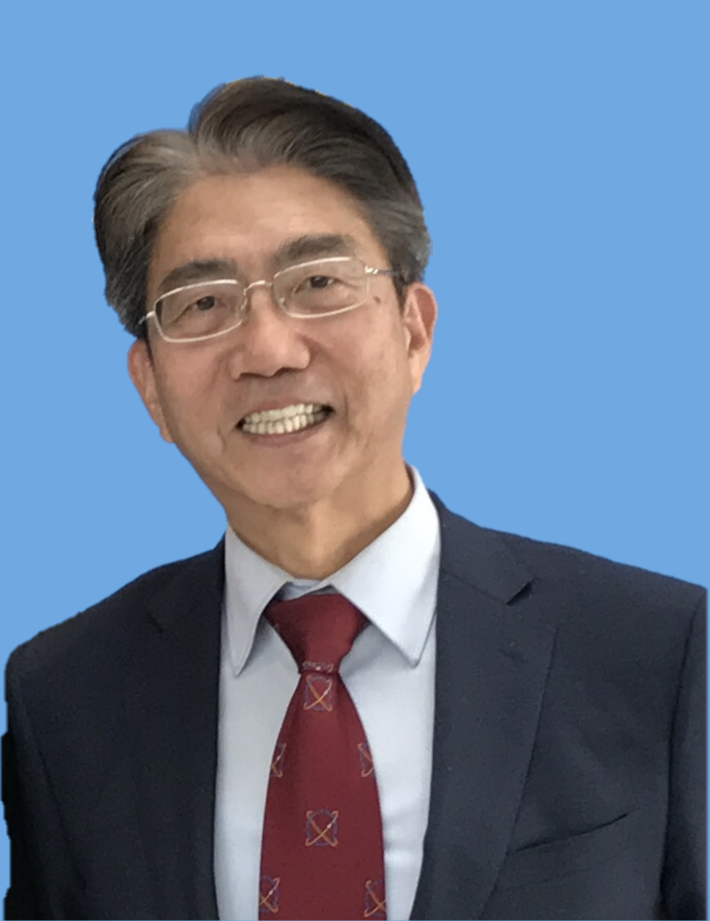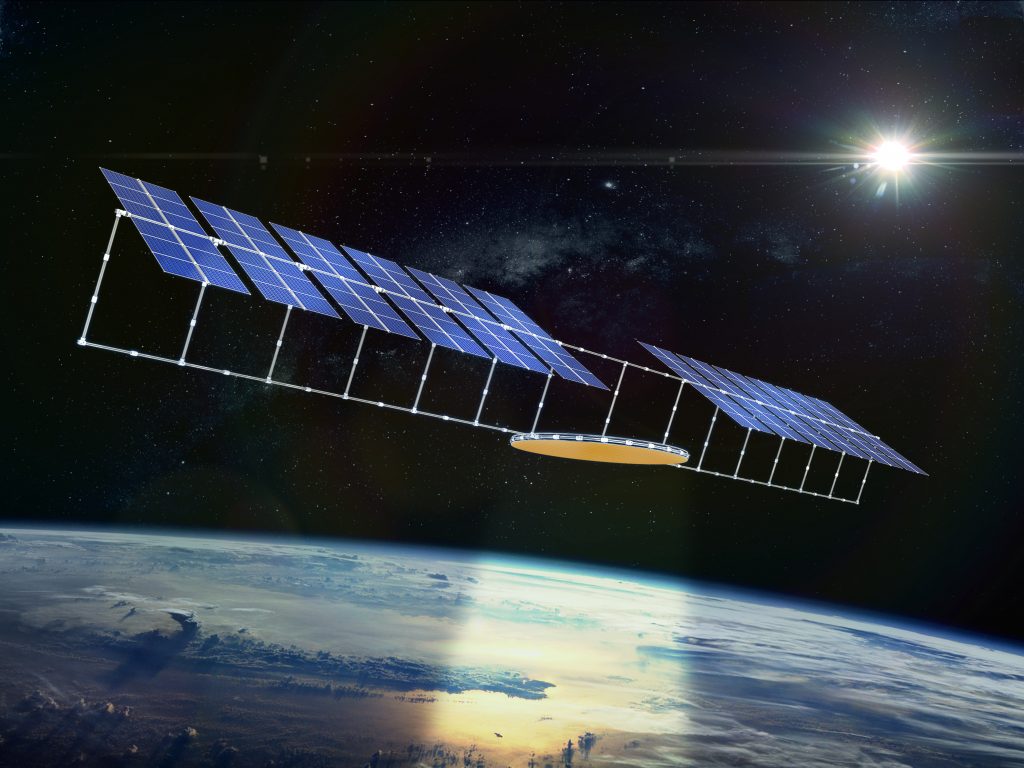TechTalk – Doing the Right Thing for the Wrong Reason: How a Vision for Ubiquitous Computing Can Be Reconciled to Have Better Impact
November 27 2023 (Monday) 4:00-5:00pm
Professor Gregory Abowd have been speaking and writing about the idea of an Internet of Materials (IoM) for nearly a decade. It started as a way to rethink Mark Weiser’s vision of ubiquitous computing in a more modern context, with the same hopeful zeal that Weiser presented in his writings from the late 1980s and early 1990’s. Professor Abowd will summarize how that re-interpretation has inspired his work, and the work of a growing community, for nearly a decade. From those involved in the fundamental understanding of computation to those involved in the practical development and deployment of computation, the future seems bright. We are moving towards a world of increased ubiquity of computation. There appears to be no end in sight for the increased ubiquity of all things computational. From a technical perspective, this is wonderful. More recently, professor Abowd have been forced to think about this vision through a different lens. How we justify any new vision of a technological future must be better grounded in the human motivation and potential impact. After explaining the “successes” of IoM, he will explain why he has fallen far short of a compelling motivation. But there are more compelling motivations, having to do with health, usable security and privacy, and, most importantly, sustainability. We MUST begin questioning a lot of the assumptions on how to make, operate, and dispose of computational objects. IoM is no longer a journey for a hopeful “visionary” to play out his fanciful predictions for the future. It is a mandate to address the fundamental hazards of our current trajectory towards ubiquitous computing.

